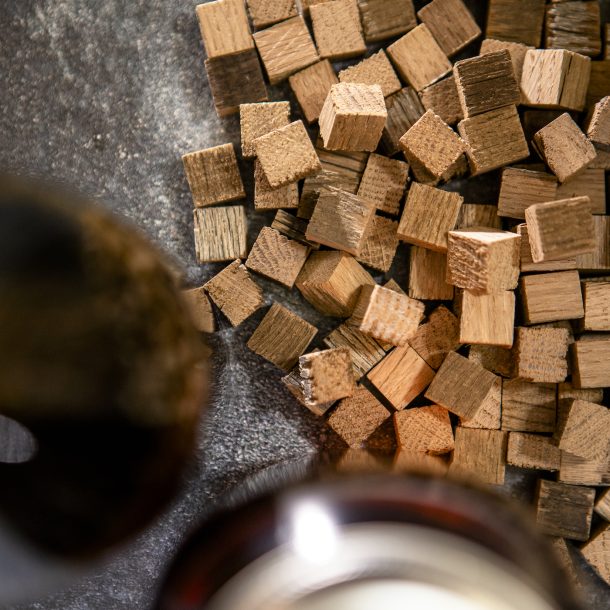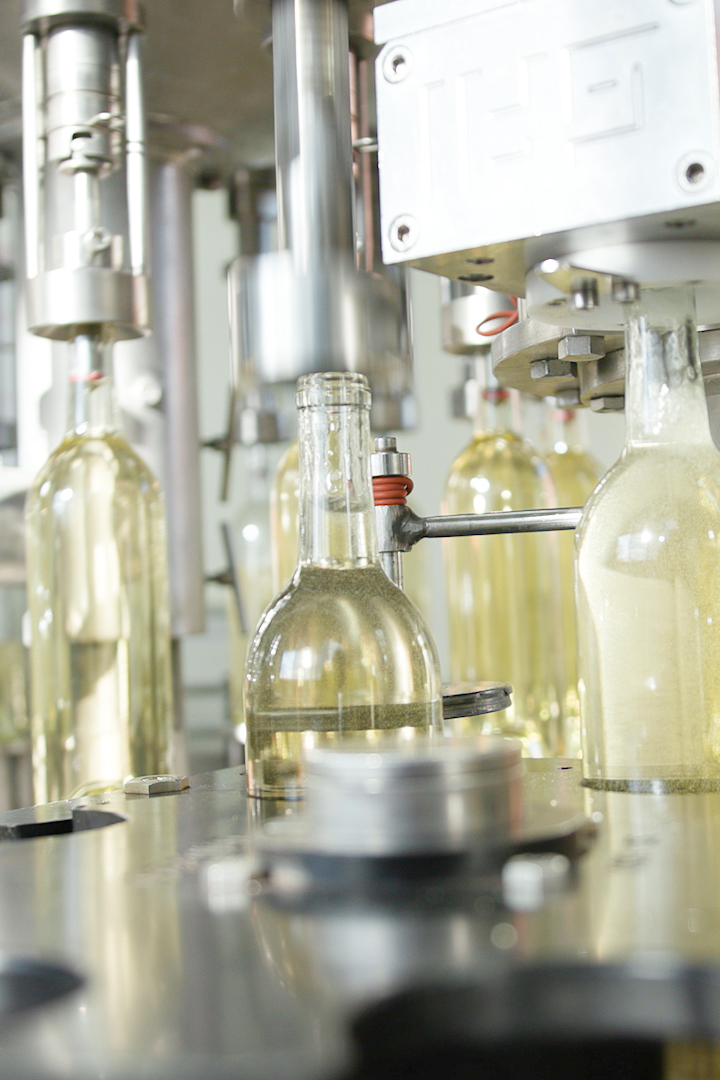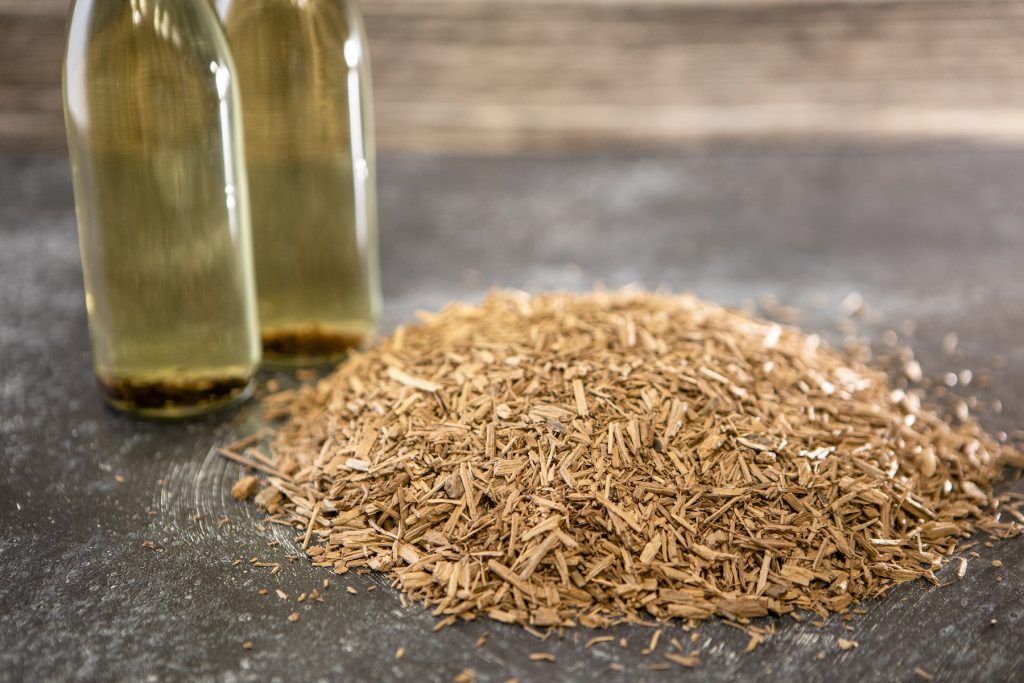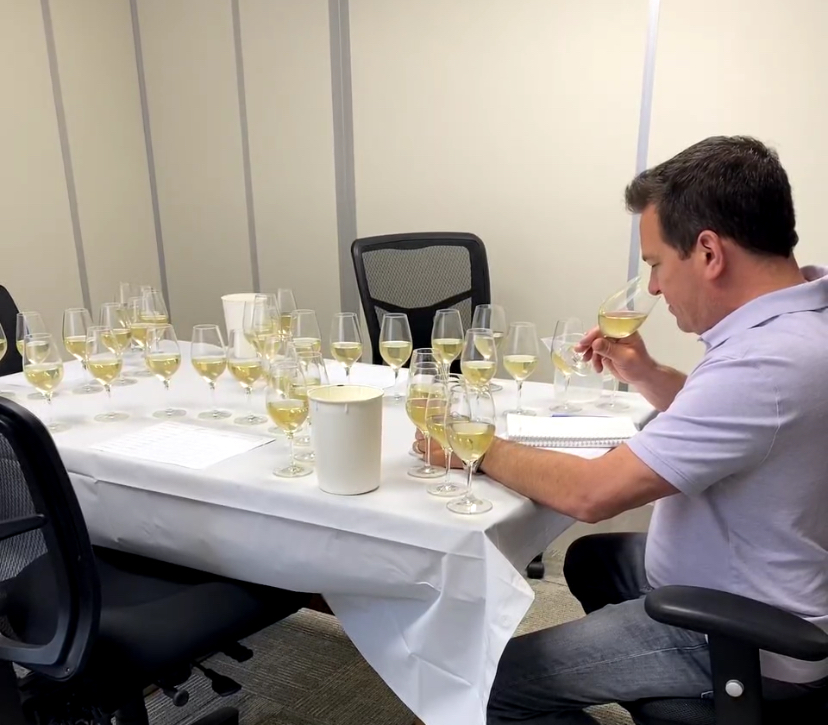
When I first entered the world of wine and spirits, I had no idea what a large role bulk wine and bulk spirits played. Like most people, I thought every winemaker and distiller made their own product with their own hands. A product of their own blood, sweat and tears. It turns out, many wines that end up being bottled under a particular label were made in part or by another winery entirely. Sometimes those wines were intentionally made to be sold on the bulk market and sometimes they are simply in excess of their own program volume requirements.
nature of the annual bulk market
Some wineries use bulk wine as a “hedge” so as not to buy too many grapes. Others use bulk to supplement programs that are growing or have possibly outgrown the production capacity of their winery. The reasons for how and why bulk wines are used can vary greatly. So too can the price of bulk wine. What you pay or what you get for your bulk wine depends primarily on supply and demand, where the grapes were grown, and the quality of what you are buying or selling. In short years where demand outstrips supply, the price of wine is generally higher and selling even marginal quality wine is easier. In longer/lower demand years or for varietals that are less in demand, the price of wine is lower and selling even good quality wine is much harder.
How to Win in Bulk
So as a seller, how does one “win” at the bulk wine game you ask? The answer to that is two-fold – get your wines in front of buyers early. Partnering with a reputable broker is key here as they have existing relationships with buyers and connections that you probably don’t. Finally, make sound wines, without flaws and do whatever you can to ensure that your wines show better than your competitors. When it comes to making sure your wines come out on top, the most efficient, sustainable, and cost-effective way is with Oak Complements.
get a “swipe right” on your bulk
Oak is a great tool for lifting and ripening fruit, can mask flaws, and can help bring the aromas, flavors, and textures that other winemakers are looking for. When you put your wines up for sale on the bulk market, think of it like creating an online dating profile – you want to appeal to as many potential suitors as possible. You’re certainly not going to post the least flattering picture of yourself or point out all of your flaws and hang-ups. Oak can check a lot of boxes that buyers are looking for, it can be your long walks on the beach, candle-lit dinners, or your love of cats and comic books. Oak can help ensure your wines show well and get the coveted swipe to the right.
Oak Investment vs Opportunity Cost
In the long years where supply is high and demand is low, utilizing oak complements is even more important. It may seem counterintuitive – why would I spend more money on my wine when I’m getting less? The old saying “something is better than nothing” applies here since not selling your wine starts to become very expensive when one considers storage costs and carrying costs of the wine. A tank of wine is a big wet vessel full of sunken costs, and the quicker you get a return on your investment the better. Even a modest 2-3 g/L addition of oak chips can improve your wine tremendously and add less than $.05 per gallon. Storage costs alone could cost your winery $.10 – $.15 per gallon each month!
best practices
Selling your wine more quickly avoids those expensive storage costs and can save you a tremendous amount of money. When oaking up wine for the bulk market, I typically focus more on texture and volume utilizing more light toast and untoasted oak rather than put too much of an oak profile on the wine. This allows the buyer to put their own oak signature on the wine when they get their hands on it. If the wine is flawed in any way, I will adjust that formula to help mask any off characters by bringing in a little more of the aromatic toasts like Medium and Medium Plus.
In the competitive world of bulk wine sales, it’s important that your wines show better than everyone else’s. Aside from making sound wines to begin with, oak complements are the most efficient, sustainable, and cost-efficient way to get your wines sold and put money back in your pocket.
-Jason Dodge, Managing Director, Winemaking.


